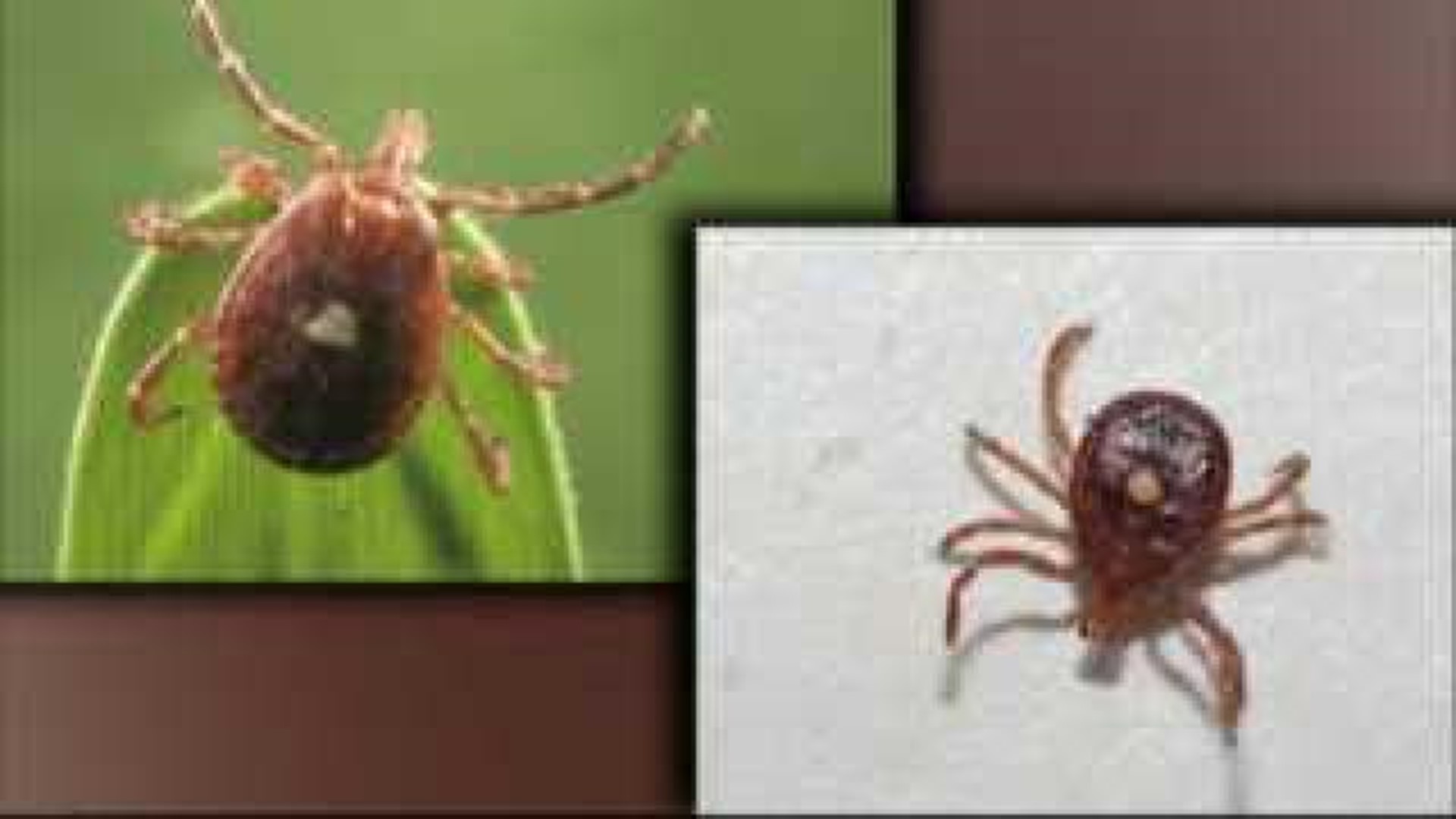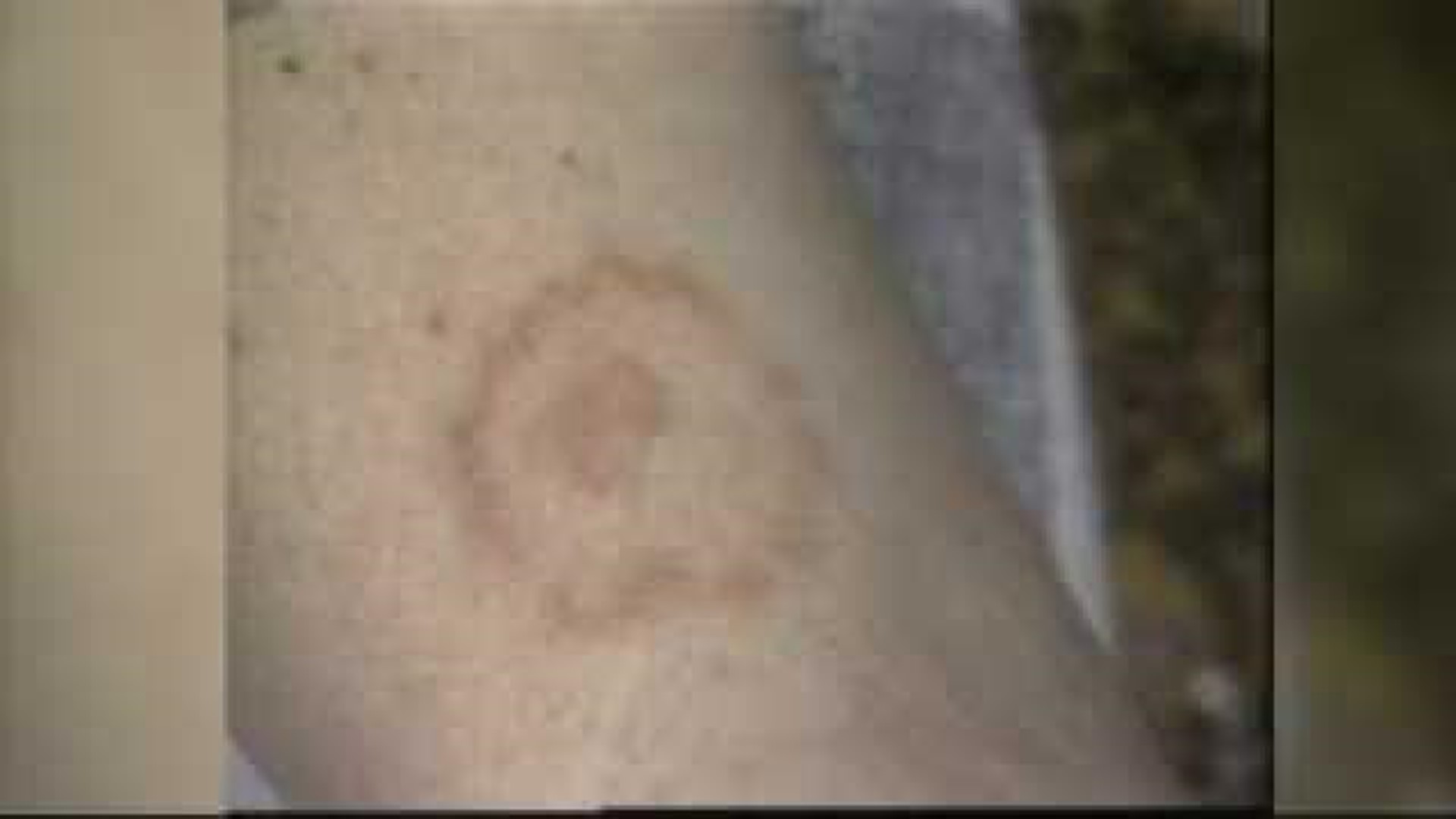Arkansas has some of the highest levels of tick-related illnesses in the country.
In 2012, over 900 cases of tick-related illnesses were reported to the Arkansas Department of Health, five of which were deadly.
An expert identifies the types of ticks common in the state and what you should do if you’re bitten by a tick.
In Arkansas, ticks can be active year-round, but are most active in spring and summer (April - September). The best way to avoid tick-related illness is to avoid tick bites.
You can reduce the risk of getting disease from ticks by following these tips from the Arkansas Department of Health:
- Avoid tick-infested areas such as tall grass and dense vegetation.
- Tuck your pants into your socks or boots.
- Wear light-colored clothing to make it easier to find crawling ticks.
- Use products with no more than 30 percent DEET for your skin when you are in areas that could have ticks and use permethrin on clothing and gear. Make sure to follow all directions on the bottle.
- Check yourself, your children and your pets often for ticks.
- Bathe or shower within two hours after being where ticks live to find and wash off ticks that may be crawling on you.
To remove a tick from your skin, use a pair of clean fine-tipped tweezers, and grab the tick as close to the skin as possible. Pull the tick upwards at a steady pace. This prevents the mouth
parts from breaking off and staying in your skin. If the mouth parts do break off, clean the tweezers and attempt to remove the mouth parts. If you cannot remove the parts just leave them in. Clean the bite area and your hands with soap and water.
Several tick-related illnesses are common Arkansas. These include Anaplasmosis, Ehrlichiosis, Rocky Mountain spotted fever and Tularemia. Lyme disease is not native to Arkansas. However, individuals who have travelled to other parts of the country, especially the Northeast and Midwest, might have become infected while visiting out of state.
Please contact your doctor if you experience the following symptoms:
fever
headache
muscle pain
abdominal pain
nausea
vomiting
rash
To learn more about tick-related illnesses and see photos of common ticks in Arkansas, visit: http://www.healthy.arkansas.gov/programsServices/infectiousDisease/zoonoticDisease/Pages/Tick-BorneDisease.aspx.


